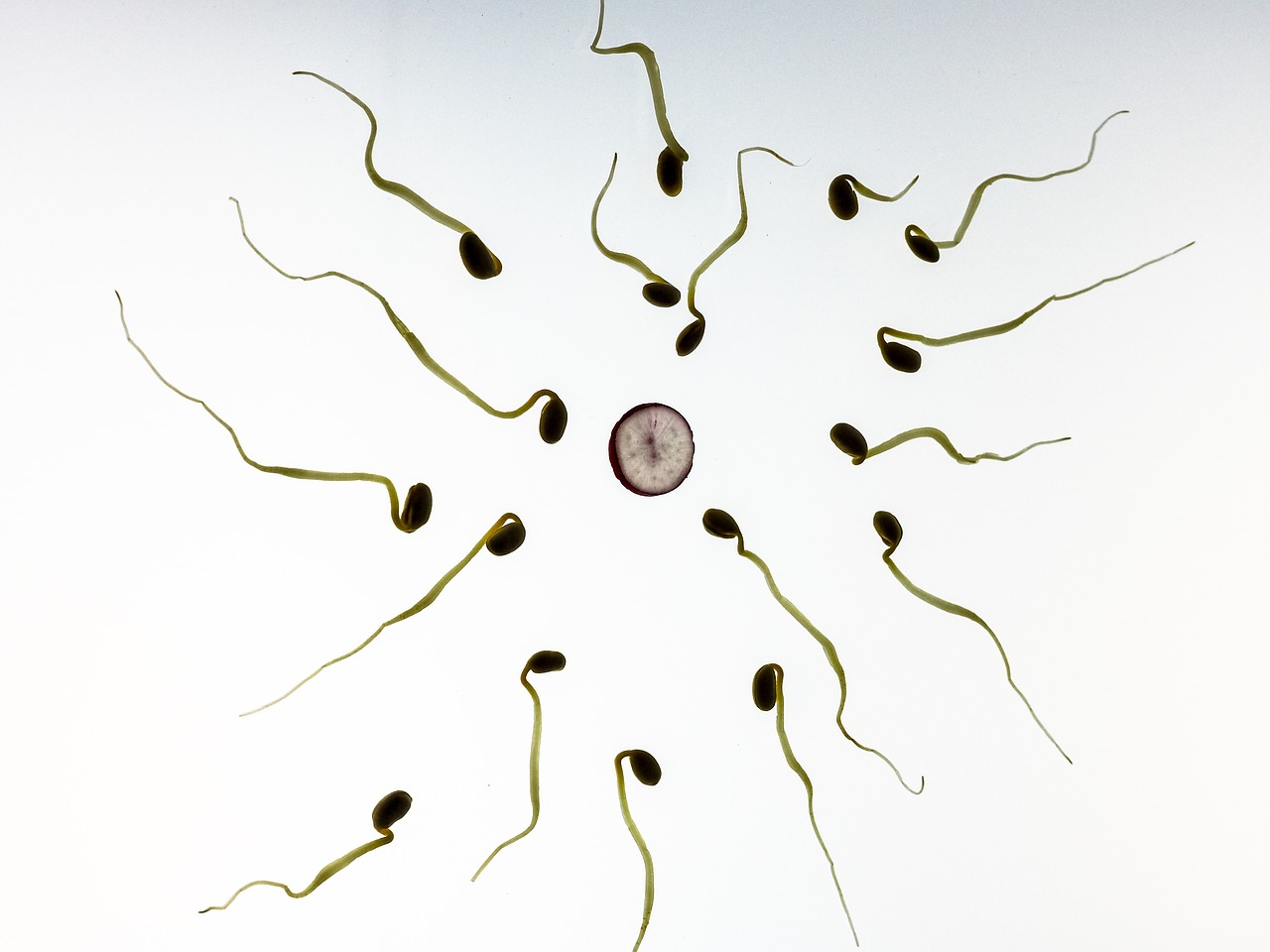Pregnancy prevention has historically been deemed the province of women. Even advances in science, technology – and society, as a whole – have still left birth control largely up to women. Now, new research just might help level the playing field by developing a new kind of contraception for men.
There have been attempts to create a male pill for years, but test failures and things such as side effects have halted progress on such efforts. Researchers at Michigan State University took a different approach to the whole idea of birth control for men, Gizmodo reports.
The researchers asked: instead of blocking the movement of sperm, what if it were possible to simply block the gene that controls sperm production? They found that this was possible in mice – animals that use many of the same reproductive genes as humans.
The MSU team created a line of genetically modified mice that lacked the PNLDC1 gene. Without this gene, sperm production is blocked, leaving the altered mice with fewer sperm and smaller testicles. In short, they effectively became sterile. According to the researchers, the mice experienced no side effects.
But unlike other male contraceptives that have come and gone over the years, this is a concept that is a long way from trials, much less application, in humans. The researchers have yet to discover just how long the effect of this procedure would have on men, and if any side effects unseen in mice might manifest in people.
The latest kind of new male contraception is a gel that uses what is called “reversible inhibition of sperm under guidance.” It is expected to enter clinical testing within the next year or so, and has shown promising results among rabbits and primates.
While the demand for male contraceptives that are not condoms appears not to have as strong a pull as female birth control methods, these new technologies are proving to have the potential to open up a whole new niche in pharmaceuticals.
The study was published in Nature Communications.
























